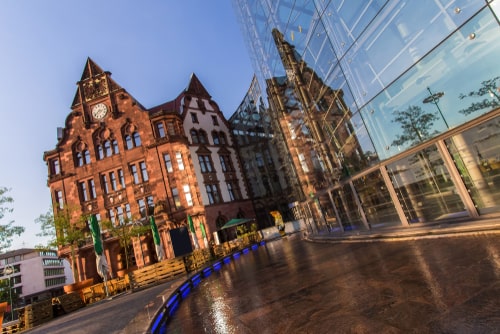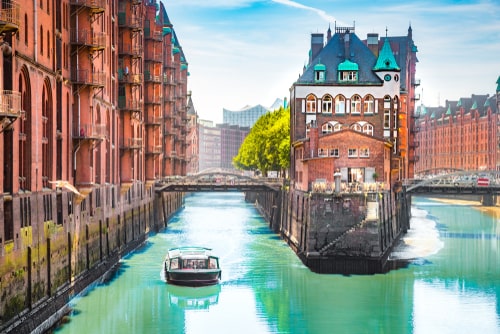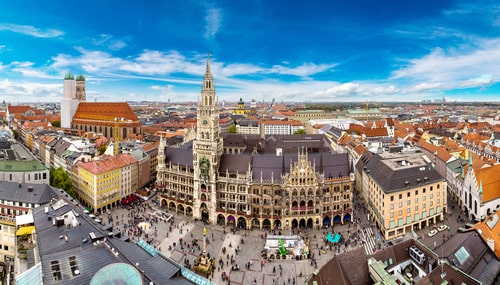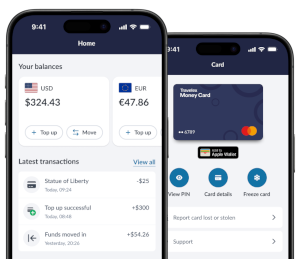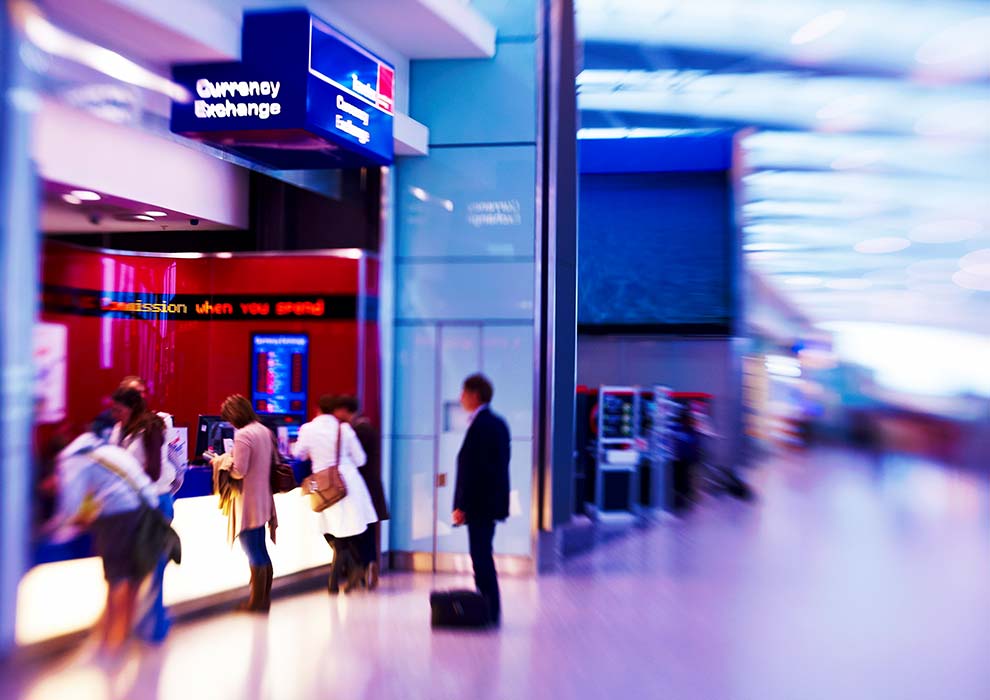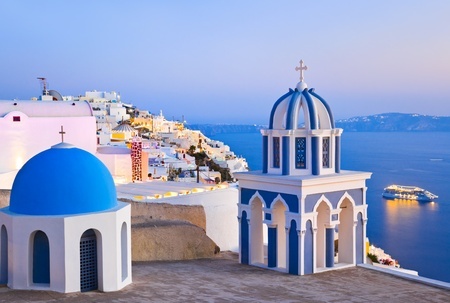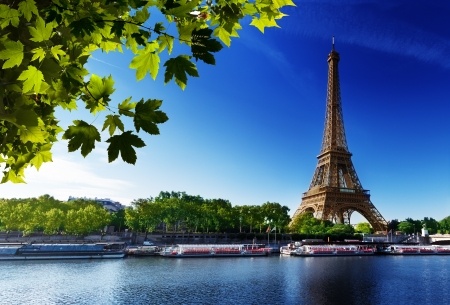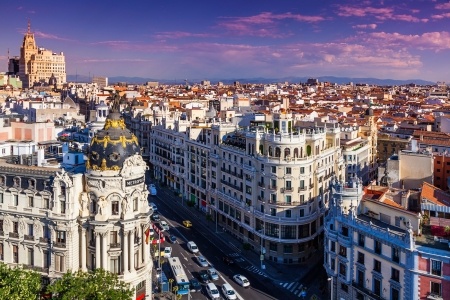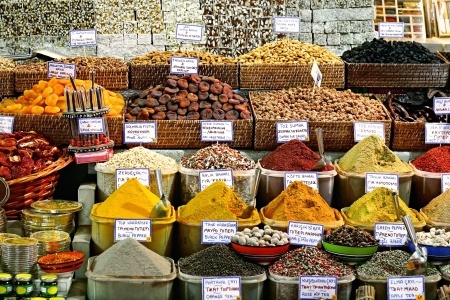What to see and do when you travel to Germany
Historic cities
Germany boasts a plethora of historic cities, each with its own unique character and charm.
Berlin: Blending a rich - yet divided - history with vibrant contemporary culture, Berlin is home to the iconic Brandenburg Gate and Berlin Wall. It has a diverse arts scene and lively nightlife, with plenty to do and see.
Cologne: Cologne has a picturesque old town, dominated by its towering Cathedral, a UNESCO World Heritage site. The city's cultural scene offers museums, galleries, and theatres, and the lively Rhine River waterfront is perfect for a leisurely stroll.
Dortmund: Dortmund is known for its industrial heritage, but is transforming into a modern, dynamic city. Home to Germany's largest football stadium, Signal Iduna Park, Dortmund boasts peaceful green spaces like Westfalenpark and artistic centre the Dortmunder U.
Dusseldorf: Dusseldorf exudes elegance with stylish boulevards, modern architecture and a flourishing art scene. The Altstadt (old town) features cobblestone streets lined with traditional breweries and cosy cafes, leading to the Rhine River promenade.
Frankfurt: Frankfurt is the financial hub of Germany, with an eclectic mix of skyscrapers and historic landmarks. Cultural treasures include the Städel Museum and the historic Römerberg square. Bustling markets add to Frankfurt's cosmopolitan charm.
Gelsenkirchen: Gelsenkirchen offers unexpected experiences such as the ZOOM Erlebniswelt zoo which immerses visitors in diverse ecosystems. The city's Veltins-Arena stadium is a hub for football fans, while green spaces and cultural attractions offer relaxation and exploration.
Hamburg: Hamburg offers maritime charm with its historic port and scenic waterways. From the iconic Speicherstadt warehouse district, a UNESCO World Heritage site, to the vibrant nightlife of the Reeperbahn, Hamburg has a lot to offer its visitors.
Leipzig: Leipzig has a rich musical heritage as the birthplace of Richard Wagner and home to Bach, Mendelssohn, the Schumanns and Mahler. Leipzig is also famous for the Peaceful Revolution of 1989.
Munich: Munich is the capital of Bavaria, and home to the world-famous Oktoberfest. With historic attractions like the Munich Residence and Nymphenburg Palace, the city offers cultural experiences, culinary delights and views of the majestic Alps.
Stuttgart: Stuttgart, amid rolling vineyards, is a unique blend of automotive heritage, cultural diversity and natural beauty. Visit the Mercedes-Benz Museum and the majestic Stuttgart State Opera, or stroll in the tranquil parks of Rosenstein and Killesberg.
World-famous German cuisine
No trip to Germany is complete without indulging in its famous cuisine. From hearty sausages and sauerkraut to crispy schnitzels and creamy Black Forest gateau, there is plenty to please your taste buds.
One of our tips for travelling in Germany is to stop in a cafe for kaffee-kuchen - a social ritual of coffee and cake and, of course, you must sample German beer brewed according to centuries-old traditions.
Visit the vineyards along the Rhine and Moselle rivers to sample Riesling, Spätburgunder (Pinot Noir), Eiswein and sparkling Sekt.
Sporting rivalries
Sport, and particularly football, holds a special place in German culture. German fans are famous for their fervour and passion, whether they are cheering on the national team in a packed stadium or soaking up the atmosphere in a local bar.
Experience the thrill of Bundesliga matches firsthand, or immerse yourself in the ambience of international competitions like the Euros, where rivalries ignite.
Handball, skiing, basketball, Formula 1 racing, athletics and cycling also have a big following among the German population
Buy euros with a Travel Money Card
Another great option for spending in euros is our Travelex Money Card.
- Safe and secure - the card not linked to your bank account
- Choice of 22 currencies, including euros
- Seamless spending with Apple Pay and Google Pay
- Manage your euros effortlessly via the Travelex Money App
- In case your card is lost, stolen, or damaged, our 24/7 global assistance team is here for you
Order your Euros with Travelex
Pick up your euros from us before you head off on your trip to Germany. Have them delivered to your home or collect them from your nearest store.
Germany promises an unforgettable experience - prepare to be enchanted. Gute Reise! (Safe travels!)
Buy your Euros

